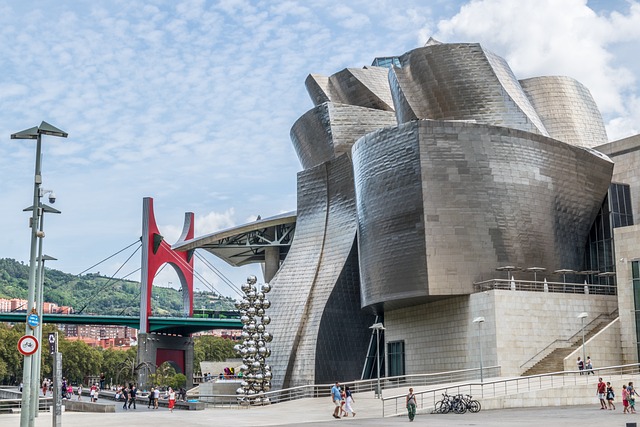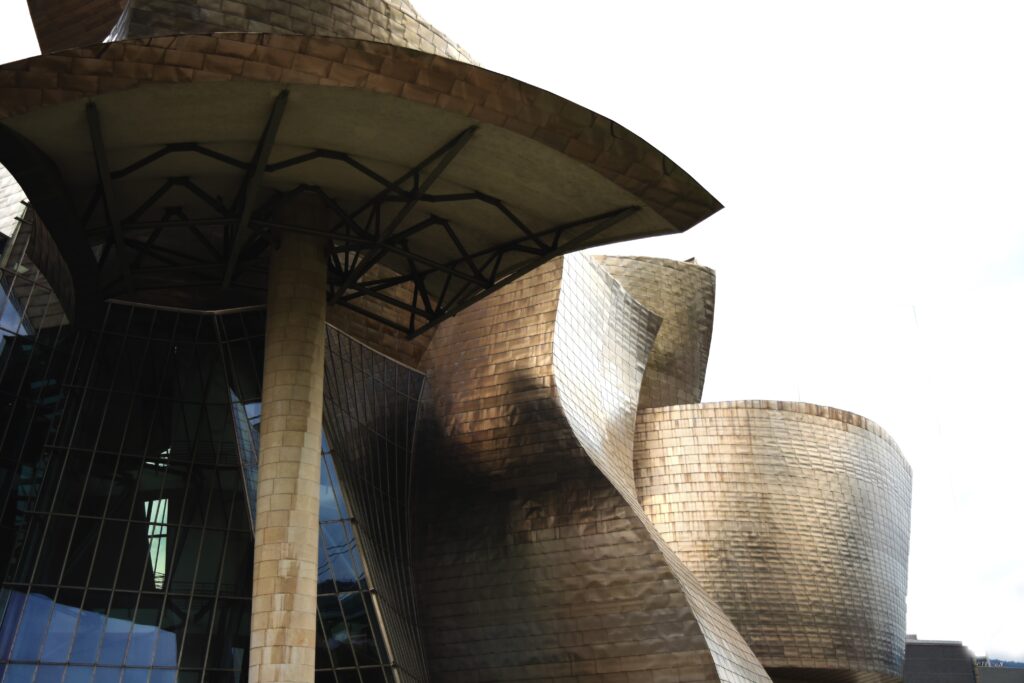Mariët Westermann, renowned vice chancellor of N.Y.U. Abu Dhabi, has recently been appointed as the CEO of the esteemed Guggenheim Museum and Foundation. In this new position, Westermann will become the first female leader of the entire museum group, overseeing not only the foundation but also its institutions in New York, Venice, Bilbao, and Abu Dhabi. Although not a typical professional museum director, Westermann brings a wealth of experience from her previous roles, including executive vice president at the Andrew W. Mellon Foundation and director of N.Y.U.’s Institute of Fine Arts. Her appointment follows a trend of museums turning to university leaders as museum chiefs, much like the Metropolitan Museum of Art and the American Museum of Natural History. Westermann’s tenure begins on June 1, 2023, and she will face the challenges of addressing past turmoil within the museum while working towards diversity and equity in leadership roles. Although her selection has received a mix of reactions, with some praising the choice and others questioning the missed opportunity to appoint a person of color, Westermann’s reputation within the art world promises an exciting new era for the Guggenheim Museum and Foundation. Additionally, she will play a pivotal role in overseeing the much-anticipated opening of the Guggenheim Abu Dhabi in 2026.

Background
Mariët Westermann has been appointed as the CEO of the Guggenheim Museum and Foundation, making her the first woman to lead the entire museum group. This is a significant milestone in the art world, as Westermann will be overseeing the Foundation and its institutions in New York, Venice, Bilbao, and Abu Dhabi.
Before taking on this prestigious role, Westermann has had extensive experience in cultural institutions. She previously served as the vice chancellor of N.Y.U. Abu Dhabi, where she had the opportunity to delve into the world of arts and culture in the Middle East, a region known for its rich artistic heritage.
Additionally, Westermann held the position of executive vice president at the Andrew W. Mellon Foundation. During her tenure there, she played a key role in advancing the institution’s mission of supporting the arts, humanities, and higher education. This experience undoubtedly positioned Westermann as a qualified candidate for the CEO role at the Guggenheim Museum and Foundation.
Furthermore, Westermann’s directorship at N.Y.U.’s Institute of Fine Arts showcased her leadership skills and ability to guide an academic institution in the study of art and culture. Her meticulous approach and dedication to fostering an enriching environment for scholars and students alike have set a strong foundation for her new role as CEO of the Guggenheim Museum and Foundation.
Westermann’s Professional Background
Mariët Westermann’s diverse professional background brings a wealth of experience to her new role as CEO of the Guggenheim Museum and Foundation. Notably, her position as vice chancellor of N.Y.U. Abu Dhabi allowed her to gain valuable insights into the intricacies of managing a cultural institution in a global context.
During her time at N.Y.U. Abu Dhabi, Westermann exhibited exemplary leadership, steering the institution towards achieving its goals and objectives. Her experience in overseeing the operations and strategic direction of the campus undoubtedly equipped her with the necessary skills to take on the CEO position at the Guggenheim Museum and Foundation.
Furthermore, Westermann’s tenure at the Andrew W. Mellon Foundation provided her with deep knowledge and understanding of the arts, humanities, and education sectors. As the executive vice president, she played a pivotal role in shaping the foundation’s strategic vision and its impact on numerous cultural organizations and institutions across the nation.
In addition to her work at the Mellon Foundation, Westermann excelled as the director of N.Y.U.’s Institute of Fine Arts. This esteemed institution is dedicated to the study and conservation of art and cultural heritage. Leading the Institute required Westermann to oversee its academic programs, foster collaboration among scholars, and ensure the preservation of invaluable artworks and artifacts.
The Guggenheim’s Choice of Westermann
The Guggenheim Museum and Foundation’s selection of Mariët Westermann as its CEO may have come as a surprise to some. Given that Westermann is not a professional museum director, her appointment represents a departure from traditional expectations.
However, the Guggenheim’s choice can be attributed to Westermann’s strong reputation in the art world. Her extensive experience within cultural institutions, coupled with her leadership roles in the academic realm, demonstrates her ability to navigate complex landscapes and foster collaboration among diverse stakeholders.
It is important to note that the Guggenheim is not the first museum to appoint a university leader as a museum chief. Institutions such as the Metropolitan Museum of Art and the American Museum of Natural History have followed a similar path by selecting directors who bring their expertise and perspective from the academic realm.
By opting for a candidate with a non-traditional background, the Guggenheim Museum and Foundation demonstrates its commitment to fostering innovation and embracing new leadership styles.
Transition of Leadership
Mariët Westermann will assume the role of CEO of the Guggenheim Museum and Foundation, taking over from Richard Armstrong, who has held the position until June 1, 2023. This transition marks a significant moment in the museum’s history, as Westermann brings her extensive experience and unique perspective to the leadership role.
With Westermann’s appointment, there are expectations for a smooth and effective leadership transition. Her prior experience in managing cultural institutions, coupled with her reputation for strategic thinking and collaborative leadership, suggests that she is well-equipped to take on this responsibility.
The transition will undoubtedly bring about changes in the museum’s operational strategies, policies, and overall direction. With a focus on innovation and inclusivity, it is expected that Westermann will bring fresh perspectives to the table and steer the Guggenheim Museum and Foundation toward further success.
The Guggenheim Abu Dhabi
As the CEO of the Guggenheim Museum and Foundation, Mariët Westermann will oversee the Guggenheim Abu Dhabi, a highly anticipated project that has faced its fair share of challenges. Westermann’s involvement in this initiative highlights her expertise in managing international cultural institutions and her deep understanding of diverse artistic traditions.
The opening of the Guggenheim Abu Dhabi has been delayed, but it is scheduled to take place in 2026. This highly anticipated museum aims to celebrate the rich artistic heritage of the region, showcasing a collection of contemporary and modern art. Westermann’s oversight of this project will be crucial in ensuring its success and aligning it with the museum’s broader mission.
The Guggenheim Abu Dhabi represents not only an expansion of the Guggenheim’s global presence but also an opportunity to foster cultural exchange and dialogue between East and West. Westermann’s leadership role in this initiative underscores her commitment to creating a platform that promotes understanding and appreciation of diverse artistic practices and narratives.

Challenges and Responsibilities
One of the key challenges Mariët Westermann will face as CEO of the Guggenheim Museum and Foundation is addressing the museum’s past turmoil. Like many institutions, the Guggenheim has faced controversies and criticisms. Westermann’s vast experience in navigating complex organizational dynamics positions her well to address these challenges and steer the institution towards a more inclusive and ethical path.
Furthermore, Westermann is expected to prioritize diversity and equity in leadership roles within the organization. As the first woman to lead the entire museum group, she has an opportunity to set an example and champion systemic change. Her previous work in cultural institutions, which have often struggled with issues of representation, positions her to drive meaningful progress in this area.
As CEO, Westermann will bear the responsibility of upholding the Guggenheim’s mission to foster the understanding and appreciation of art. This encompasses not only managing the physical collections and exhibitions but also engaging with the communities they serve. It is expected that she will embrace this responsibility with her characteristic professionalism and dedication.

Reactions to Westermann’s Appointment
The selection of Mariët Westermann as the CEO of the Guggenheim Museum and Foundation has elicited a range of reactions within the art world. As with any significant appointment, opinions vary, reflecting the diverse perspectives and interests within the industry.
Many have praised the Guggenheim’s choice, highlighting Westermann’s extensive experience and sterling reputation in the field. Her background in academia, coupled with her previous leadership roles, positions her as a qualified and capable leader for the museum and foundation. These supporters anticipate that her appointment will lead to fresh ideas, innovative approaches, and positive changes within the institution.
However, some have critiqued the missed opportunity for diversity in the leadership of the Guggenheim. While Westermann’s appointment marks a step forward for gender representation, there are those who contend that the institution should have taken the opportunity to appoint a person of color. This critique speaks to the ongoing discussions surrounding diversity and inclusion within the art world, where representation continues to be a pressing concern.
Overall, the reactions to Westermann’s appointment reflect the complexity and diversity of perspectives within the art community. As she assumes her new role, it is expected that she will address these concerns, foster inclusivity, and work towards a more equitable future for the Guggenheim Museum and Foundation.
